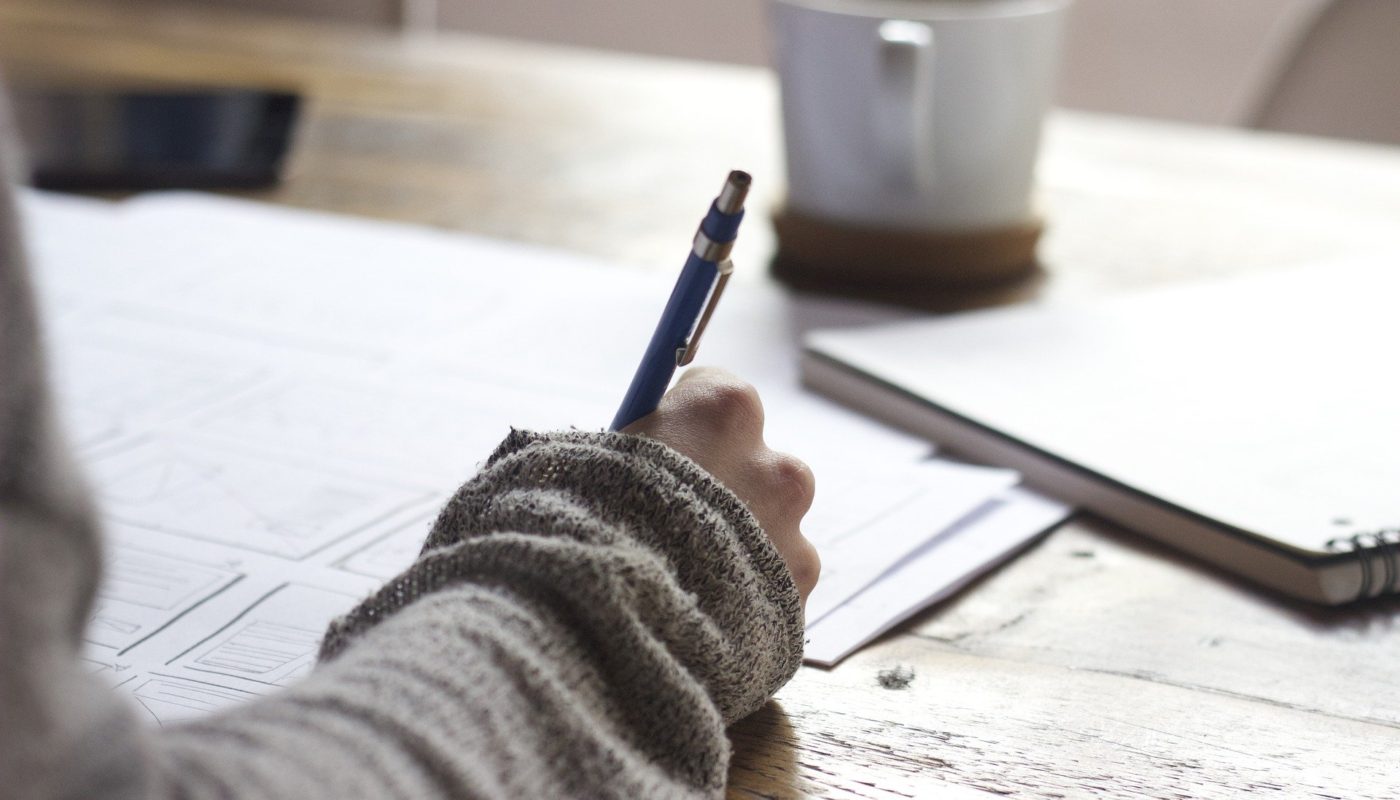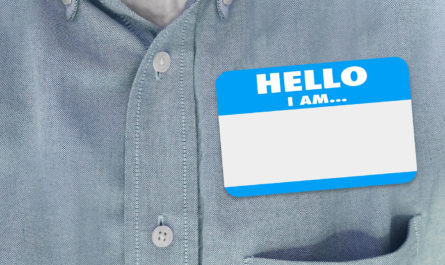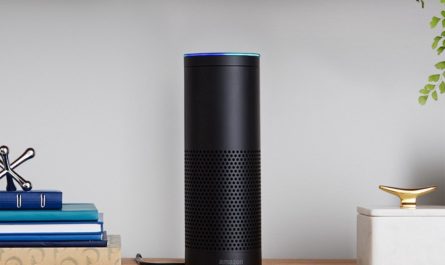One of the most fascinating things about writing is that it’s one of the few hobbies you literally don’t need anything at all to be able to do. Yes, technically the word “writing” means recording words in some physical (or virtual) way, but the reality is writing is the mere creation of prose and poetry, whether it jumps out into the real world or not. So, you can certainly be a “writer” without putting pen to paper or fingertips to keys. The essence of writing is still there even if you’re just alone with your thoughts combining words in your head in meaningful ways.
Still, for those of you who aren’t extreme minimalists, you’ll probably have a thing or two to help you through your process. Here are my suggestions for several things vital to being a productive writer.
A Dedicated Chromebook
While any computer or mobile device would technically do the job, I highly recommend getting yourself a Chromebook for many important reasons. First off, they’re pretty cheap, which means you can probably afford one, even on a writer’s salary!
More importantly, though, Chromebooks are simple and lightweight, which is incredibly freeing, not just physically but mentally as well. You don’t have to worry about carrying a brick around with you, and the whole concept of the Chromebook is modeled after being a lightweight device to connect to the Cloud.
So get a Chromebook that’s cheap and easy to take anywhere you go. Put your favorite cloud-based writing service on it (ideally with an offline mode as well), and get to typing! You can easily take your Chromebook to wherever inspiration springs eternal for you.
Another reason I like Chromebooks for writing is that they’re considerably different than your typical Mac or PC that you probably use for everything else in life. This helps you psychologically disconnect your Chromebook from the typical distractions of a modern, connected device. It’s not where you put together boring Excel documents for your day-job, so it’s not associated with the tiring grind of paying the bills, and it’s not where you watch Netflix and browse Reddit, so you don’t feel the need to jump down random content rabbit holes every few seconds or see what the modern equivalent of Miley Cyrus is up to now.
Of course, this does take a degree of discipline on your part to maintain the sanctity of the Chromebook. The Chromebook is for writing, and only for writing. You have to resist the urge to open up a tab for Facebook, and don’t sync notifications with your email and other distractions. It’s okay if you want to open a new tab to do some research related to your writing, but be careful not to stray deep into dark forest of Wikipedia.
Keep your Chromebook for writing, and it will become a tool that primes your productivity. And that alone is worth a lot more than the price of any Chromebook.
The Perfect Pen
Even if you’re all digital these days, you can’t underestimate the value of a good pen. My personal favorite is the Zebra F-301. It comes in standard black, but is also available in red, green and blue. So if you like to color code, go for it!
Of course, pen preferences are subjective, but it’s definitely worth investing in several good pens to keep around the house. You never know when a good idea will strike, and you’ll want to jot it down asap. Those pens you steal from the bank won’t cut it. By the time you scribble out some ink to get it working again, you’ll forget what you even wanted to write down in the first place!
A lot of writers prefer pens that drop a hefty layer of ink down. You never have to worry about such pens not writing, until they’re completely out of ink. Or marker pens like Sharpies. I get the appeal, but personally they feel a bit “messy” to me and you have to be careful not to touch the ink since it takes longer to dry.
So I stick with high-end ballpoints. The cheaper ballpoints never seem to work when you want them too, but the quality ones get the job done perfectly.
A Crazy Person’s Whiteboard
It’s probably hard to tell the difference between a conspiracy theorist’s ramblings and a good writer’s notes. When you’ve got a complicated and epic story you’re trying to get down onto the page, it’s going to be a lot of info to keep straight and it probably won’t all fit well in your head.
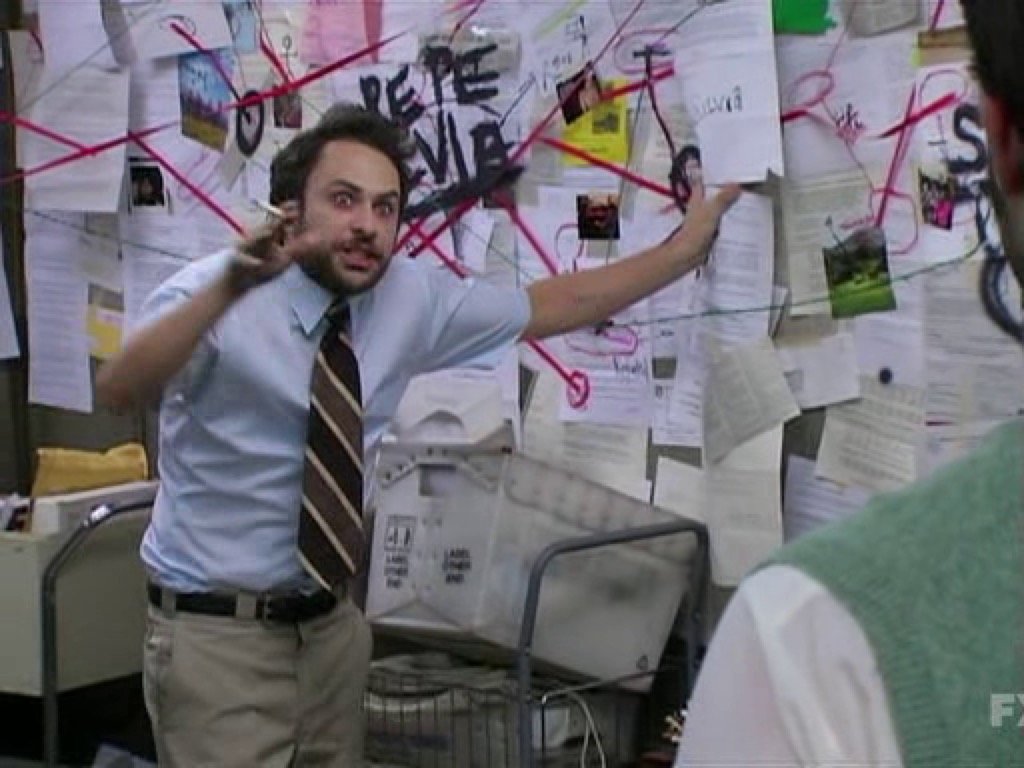
While there are a lot of great virtual note options out there, such as Trello or Evernote, to help you save and organize your ideas, nothing beats going full sociopath with a giant whiteboard.
The size might be an issue for some, depending on your workspace, but fortunately whiteboards come in a variety of shapes and sizes. I suggest getting a big easel whiteboard, as large as you can manage, so you’ll have more room to work with. Once your whiteboard fills up, you’ll need to start erasing things. (Be sure to take pictures for reference later!) But if you’re challenged for space, a wall-mounted whiteboard could be a good option for you.
And if you get a magnetic whiteboard, be sure to buy some magnet pins. You can combine these with photos, index cards and all kinds of other stuff you want to incorporate in your story planning. Yes, you can even tie strings of yarn across the whiteboard to connect your plot’s dots.
Now, if I were building a writer’s room from the ground up, it would definitely have at least one entire wall made of magnetic whiteboard. (The other walls should probably be padded, though.)
Lots of Basic Legal Pads
I know, most writers probably insist on going with a moleskine, or some other similarly pretentious notebook, but I say go practical. The fancy notebooks are great if you’re trying to dress up as a writer for Halloween, but in reality they’re not that convenient. You can’t lay them out flat to write on because they open like a book, and you have to keep holding it open so it doesn’t close down on your writing.
Plus, having a fancy notebook makes you reluctant to write just any ol’ garbage down in it. You don’t want to waste those expensive pages, after all. But the truth is a lot of your writing will be garbage. Save the polished writing for a word processor. Use notepads for notes, and you should be free to write down anything and everything that comes to mind.
Using these legal pads isn’t just cheaper, but it’s convenient too. You can easily get a stack of them and use different ones for different reasons, or keep them in different places. Just remember to write down a date and some kind of header on each page so it’ll make things easier to organize later.
An Amazon Echo or Google Home
Whichever you get is up to your own preference, but I like the Amazon Echo a bit more. However, the Google Home is probably a bit more useful in terms of random search queries.
But how are these useful for a writer? Well, in a lot of ways, really!
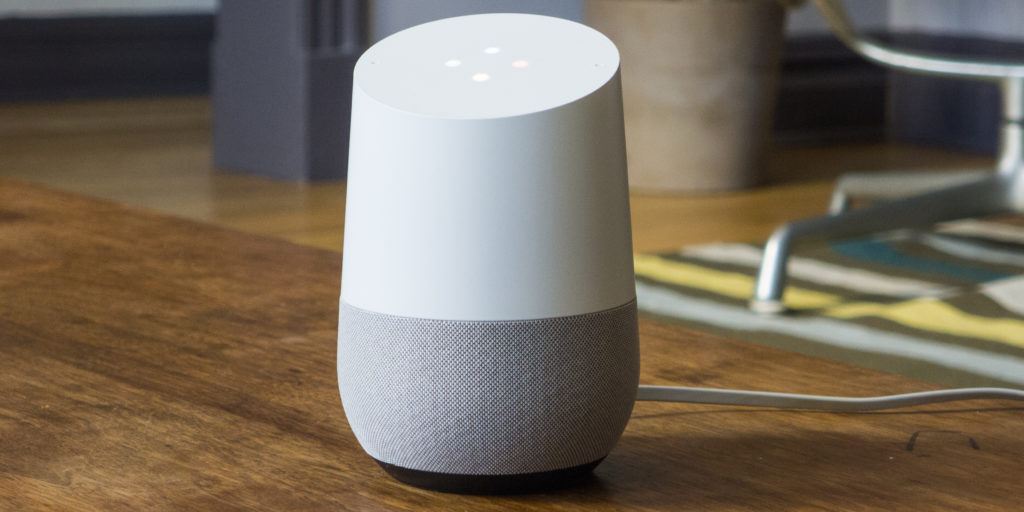
First, if you’re someone who likes to write to music, these make starting and stopping your favorite playlists really easy. They each offer a different music service to figure out and set up, but once you get the hang of it, you can put on suitable music when you’re ready to write. If you don’t feel like compiling your own custom playlists, you can say, “Alexa, play smooth jazz.” Or whatever genre gets your creative juices flowing. What’s more, music can be helpful for setting the mood. Working on something particularly dark? “Alexa, play depressing music.” Got a character who’s a bubbly optimistic? “Alexa, play happy music.”
Writers will also appreciate the timer and reminder settings with these devices. One of the best solutions to writer’s block is to set aside an hour or two to focus on writing, but rather than breaking up your flow glancing at the clock to see if you’re allowed to watch Netflix yet, just say, “Hey, Google, set a timer for one hour.” Now you can stay immersed in your fictional world until your virtual assistant pulls you out with some post-modern pulsing tones. The reminder is also helpful if you get an idea but want to dig into it later. “Alexa, remind me to research surgery in Ancient Rome at 8:00 pm today.”
And if you’re writing and need some quick facts, math, word definitions or other info, these devices can help you without needing to pull out your phone or open a new tab, so you can keep your attention on your writing. Just ask them your question and most of the time they’ll have an answer. So they make for great research companions.
These devices come in a variety of types and sizes and prices, so you can easily find one that works right for you.
Whatever Helps
These essentials should help a great deal in your struggle to make importance out of words, but every writer is unique and will have their own needs and preferences. Some people like writing with the scent of lavender in the air, so the’ll want to grab some candles or a fragrance diffuser. Others need a glass, or pint, of their favorite beverage. Figure out what helps you and make sure it’s part of your toolbox, but don’t let the need to fill that toolbox keep you from the actual work of writing.
At the end of the day, a writer doesn’t need anything but their mind and some words, but sometimes it’s nice to have a few luxuries to help the creative process. If you have any particular things that do wonders for you, let us known in the comments so others can try them out for themselves!

